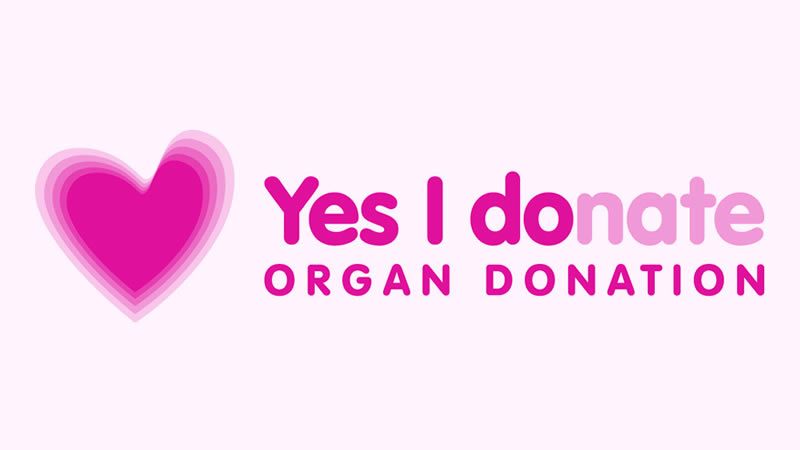
Organ Donation Law in England is Changing
The Organ Donation (Deemed Consent) Bill passed its final stage in Parliament (26 February)
The Bill is expected to become law in Spring 2020. From then, all adults over 18 in England will be considered as a possible organ donor when they die, unless they choose to opt out or are excluded. This is commonly referred to as an ‘opt out’ system.
Adults covered by the new law will still have a choice whether they want to be an organ donor and their families will still be involved before organ donation goes ahead. NHSBT (NHS Blood & Transplant) will continue to be responsible for organ donation across the UK and they will still approach families to discuss organ donation with families after death.
Under the new system, the starting position will be that donation should go ahead in cases where there is a known decision to donate or where the deceased has not recorded a decision to not donate, but consideration will always be given to the views of the family, and clinicians will never proceed if the family objects strongly.
There are a number of reasons why families will still be approached:
- Out of consideration to the family who are facing the loss of someone close to them
- The family may have important information about the person’s decision around donation that is more recent than any decision recorded on the NHS Organ Donor Register
- Family support helps ensure important information about their relative, such as their medical, travel and social history is available. The information that families provide before organ donation goes ahead, together with medical notes and other tests, are vital to understanding whether the person’s organs are safe to transplant into somebody else.
Why the law is changing
Despite huge progress in organ donation, there is still a shortage of donors. On average, across the UK, three people die every day in need of an organ transplant and there just aren’t enough organs available for all the people in need.
Last year, for example, about 250 ADPKD adults received a deceased kidney transplant and about 23 patients received a liver transplant - but that's probably about two thirds of the number of ADPKD patients on the waiting list. When asked, the majority of people support organ donation in principle but many people still haven't registered on the NHS Organ Donor Register.
Only around one third of people have told their family members they want to donate. We also have one of the lowest consent rates after death in Europe. Evidence from Wales, however, suggests that their consent rates have increased significantly after they introduced deemed consent in 2015.
What will happen to the NHS Organ Donor Register (ODR)
The ODR will continue. Around 25 million people in the UK have signed up to the ODR, which is a legal and confidential way to record your decision about donation. If you die in circumstances where you could be a donor, NHSBT can check the ODR to see if you wanted to be a donor or not and this helps them when they talk to your family. If NHSBT tell your family that you had registered to donate, your family is more likely to support your decision. And remember, even if you can’t donate an organ such as a kidney or liver, most people can still donate tissue.
Find out more
NHSBT has prepared a set of answers which should answer the most immediate questions
- Hits: 15374
